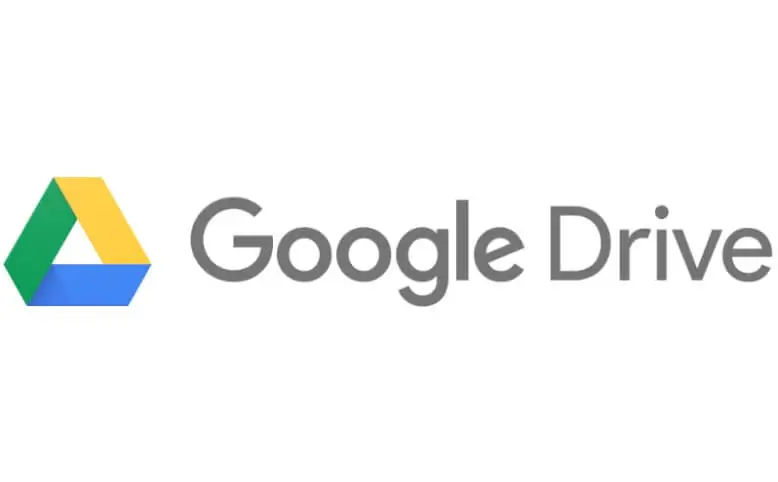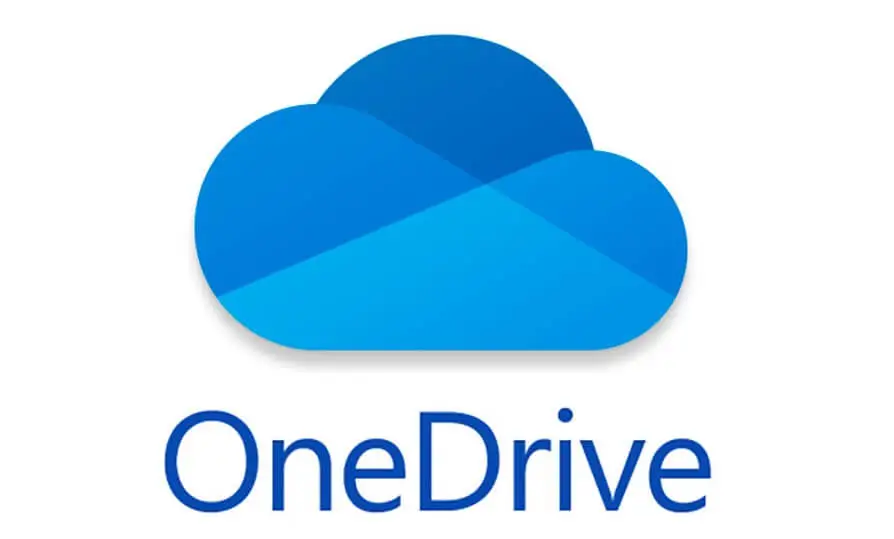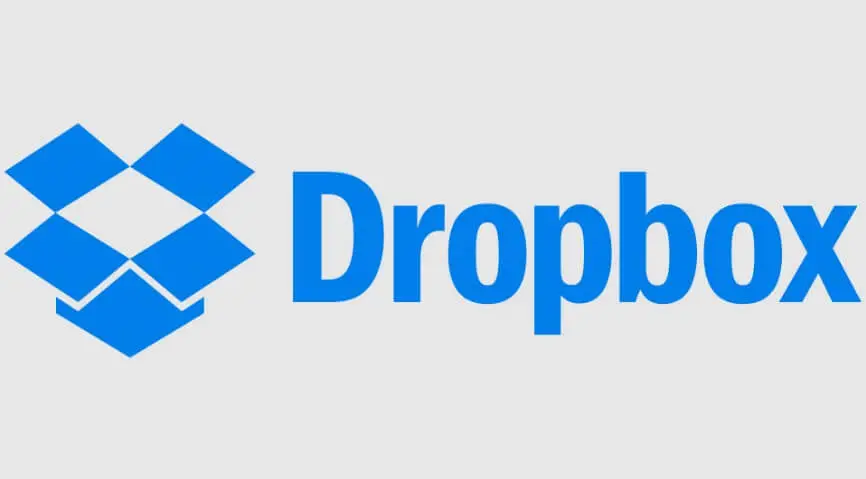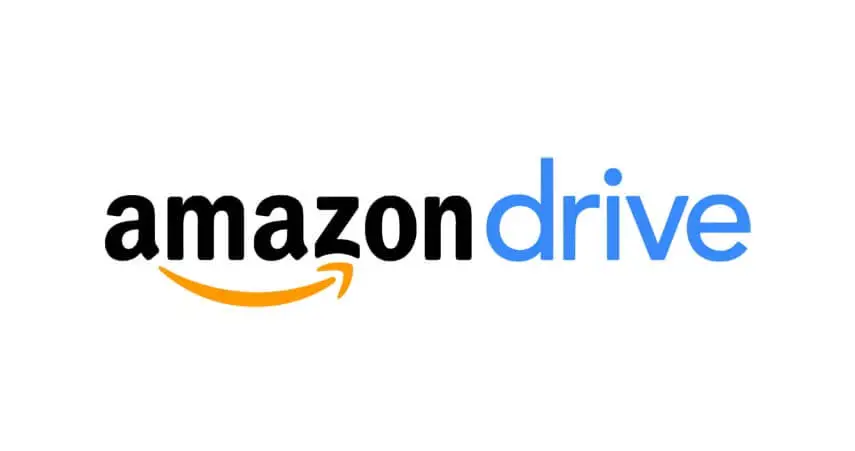In today’s digitally driven world, the importance of cloud storage services cannot be overstated. Whether you’re an individual looking to store personal files or a business in need of a secure and efficient data storage solution, cloud storage offers a versatile and reliable option. With numerous providers available, it can be overwhelming to choose the best one for your needs. In this comprehensive guide, we will delve into the top 5 best cloud storage services for 2023, evaluating their features, security, pricing, and overall performance.
Top 5 Best Cloud Storage Services 2023
Google Drive
Google Drive is a cloud storage service that allows users to store files online and access them from anywhere with an internet connection. It also offers a suite of productivity tools, such as Google Docs, Sheets, and Slides, that allow users to create and edit documents, spreadsheets, and presentations collaboratively.

Google Drive Price:
Google Drive offers a variety of pricing plans for its Cloud Storage Services, depending on the amount of storage space needed. The following are the current prices for Google Drive plans in the United States:
- Free: 15GB
- Basic: 100GB for $1.99 per month
- Standard: 2TB for $9.99 per month
- Premium: 5TB for $29.99 per month
- Enterprise: Contact Google for pricing
Google Drive Pros and cons
| Pros | Cons |
| Free Membership | Paid Membership |
| Easy to use and Secure: | Limited free storage space: |
| Accessible from anywhere: | Dependent on internet connection: |
| Collaboration features: | Security concerns: |
Microsoft OneDrive
Microsoft OneDrive is a cloud storage service that allows users to store files online and access them from anywhere with an internet connection. It also offers a suite of productivity tools, such as Word, Excel, and PowerPoint, that allow users to create and edit documents, spreadsheets, and presentations collaboratively.

Overall, Microsoft OneDrive is a great cloud storage option for individuals and businesses alike. It is easy to use, secure, and accessible from anywhere with an internet connection. The free plan offers enough storage space for most users, and the paid plans are very affordable.
Which cloud storage service is better for you depends on your individual needs and preferences. If you are looking for a free option with a lot of storage space, then Google Drive is a good choice. If you are looking for a service that is tightly integrated with Microsoft Office, then Microsoft OneDrive is a good choice.
Microsoft OneDrive Price:
Microsoft OneDrive offers a variety of pricing plans, depending on the amount of storage space needed. The following are the current prices for Microsoft OneDrive plans in the United States:
- Free: 5GB
- 100GB: $1.99 per month
- 1TB: $9.99 per month
- 6TB: $99.99 per year
- 25TB: $199.99 per year
Microsoft OneDrive Pros and cons
| Pros | Cons |
| Integration with Microsoft services is extensive | Only 5GB free storage Free |
| Can help you free up space on your devices | End-to-end encryption is not used |
Dropbox
Dropbox has long been a favorite for its simplicity and reliability. It offers 2GB of free storage, with the option to earn more through referrals. Dropbox’s user interface is intuitive, and its file synchronization is second to none. Security-wise, it employs strong encryption and provides detailed audit logs for business users. Dropbox is an excellent choice for individuals and small businesses looking for a dependable cloud storage solution.

Dropbox Pricing:
Dropbox offers a free plan with 2GB of storage and paid plans starting at $9.99/month for 2TB of storage.
Dropbox Pros and Cons
| Pros | Cons |
| User-Friendly Interface | Limited Free Storage |
| File Synchronization | Price per GB |
| File Recovery | |
| Collaboration Tools |
Amazon Drive
Amazon Drive is often overlooked but deserves consideration for its robust features and competitive pricing. It offers 5GB of free storage and allows seamless integration with Amazon Prime Photos, making it an excellent choice for photo enthusiasts. Amazon Drive provides secure data encryption and multi-factor authentication. It’s especially beneficial for Amazon Prime members, who get unlimited photo storage included with their subscription.

Amazon Drive Pricing:
Amazon Drive offers several pricing tiers to accommodate different storage needs:
Amazon Photos (Included with Prime Membership)
100GB Plan ($11.99/year)
1TB Plan ($59.99/year)
2TB Plan ($119.99/year)
3TB Plan ($179.99/year)
Amazon Drive Pros and Cons
| Pros | Cons |
| Unlimited Photo Storage for Prime Members | Limited Free Storage |
| File Versioning | Basic Features |
| Cross-Platform Compatibility | Competitive Market |
| Ease of Use |
Mega Drive
Mega is a cloud storage and file-sharing service that was launched in 2013 by Kim Dotcom, the founder of the now-defunct Megaupload. Mega stands out for its strong focus on security and privacy, offering end-to-end encryption and user-controlled encryption keys to ensure the confidentiality and security of user data.
Mega Drive Pricing
Free Plan: Mega’s free plan includes 20GB of free storage, end-to-end encryption, and limited bandwidth.
Pro Lite ($5.51/month)
Pro I ($11.03/month)
Pro II ($22.09/month)
Pro III ($33.14/month)
Business Plans
Mega Drive Pros and Cons
| Pros | Cons |
| Generous Free Storage | Limited Collaboration Features |
| End-to-End Encryption | No Mobile Photo Upload Sync |
| User-Controlled Encryption Keys | Smaller User Base |
| Cross-Platform Compatibility | |
| File Versioning |
Final Words
In conclusion, the choice of the Top 5 Best Cloud Storage Services for 2023 depends on your specific needs and ecosystem preferences. Google Drive and OneDrive are solid all-around choices for businesses and individuals, while Dropbox is perfect for those who prioritize simplicity. Amazon Drive caters to specific niches within their respective ecosystems. Evaluate your requirements carefully and choose the service that aligns best with your priorities and workflow. Remember to regularly back up your data to the cloud to ensure its safety and accessibility.






